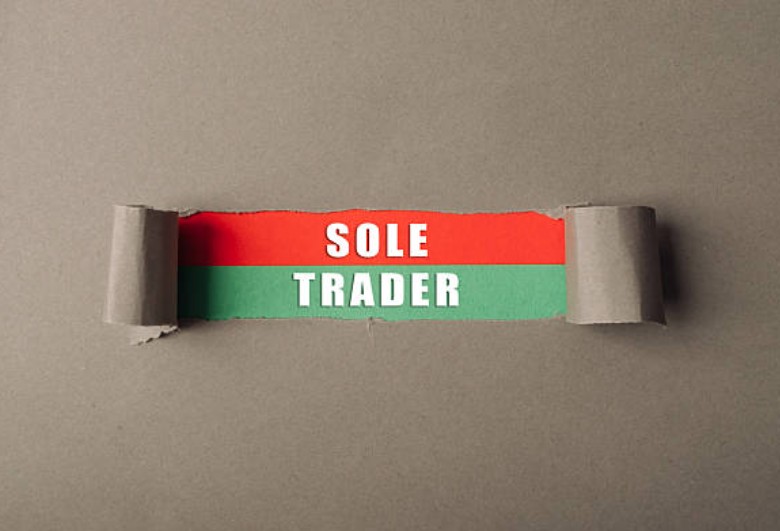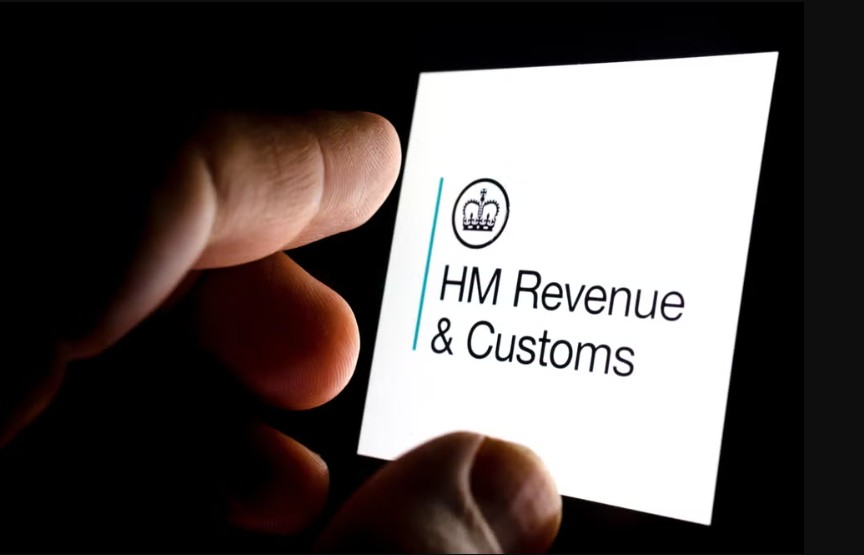Running your own business as a sole trader in the UK often brings a mix of obstacles and unpredictability. There comes a time when you may decide to close up shop for various reasons—whether it’s to pursue a new career, personal circumstances, or simply because the business is no longer viable. The lingering question is: what is the correct process for shutting down a sole trader business in the UK? In this comprehensive guide, we will break down every step of the process with clarity and insight, all while making the process as straightforward as possible for you.
Why Do Sole Traders Close Their Business?

Key factors that lead to the closure of a sole trader business
Before we examine the methods, it’s important to first understand the reasons behind it. While running a sole trader business can be rewarding, it’s not always sustainable or necessary in the long run. Various personal or professional reasons might lead to a business closure. Here are some key reasons:
- Financial difficulties: Struggling with low cash flow or overwhelming debt can force many sole traders to close their businesses.
- Retirement: Some entrepreneurs retire after years of effort to enjoy their success.
- Shifting career goals: A new career or the pursuit of a different passion may drive you to leave the business world behind.
- Health problems: Personal health reasons may limit your ability to run your business, making it necessary to step away.
- Market changes: Market changes, economic hurdles, or technology advancements could threaten your business model.
How Does Closing a Sole Trader Business Differ From Other Business Structures?
As a sole trader, your business is closely tied to you as an individual. Unlike a limited company, where you would need to go through the formal process of winding up the company and submitting documents to Companies House, closing a sole trader business is somewhat simpler. However, just because it’s simpler doesn’t mean it’s without its own complexities. Since you are personally liable for any debts and obligations, there are still steps to follow to ensure that everything is legally and financially squared away.
Key Steps for Closing a Sole Trader Business in the UK
Now that we’ve discussed why businesses close, let’s focus on the how. If you’ve decided that it’s time to close your sole trader business in the UK, there are essential steps you must follow to do it properly. Skipping any of these steps could result in legal or financial complications down the line.
Step 1: Inform HMRC That You’re Closing

The first essential step in closing your business is to inform HMRC (Her Majesty’s Revenue and Customs). When you started your business, you registered with them, so it’s essential to let them know when you’re shutting down. This is the approach you should follow:
- De-registering for Self-Assessment: This step ensures you no longer need to file self-assessment tax returns, and you can stop paying income tax on your business income.
- Settling Your Tax Liabilities: You need to clear any outstanding taxes before closing the business, including any income tax or National Insurance contributions.
- VAT De-registration (if applicable): If your business is registered for VAT, you are required to notify HMRC in order to formally cancel your VAT registration.
Why Is This Step Important?
Failing to notify HMRC can lead to fines, penalties, and unexpected tax bills even after you’ve stopped trading. Keeping HMRC informed ensures that you avoid any unwanted tax obligations after you’ve closed your business.
Step 2: Settle Your Business Debts
Once you’ve notified HMRC, the next priority is to clear any debts your business may have. Whether they’re owed to creditors, suppliers, or other service providers, here’s what you need to do:
- Paying off outstanding loans: If your business took out loans, these must be settled before closing. Contact your lender to arrange repayment or negotiate if necessary.
- Clearing supplier invoices: Ensure that you pay off any invoices from suppliers or service providers to prevent any legal actions or financial disputes down the road.
Step 3: Finalising Accounts
After settling your debts, the next priority is to finalize your business financial matters. This involves:
- Filing a final tax return: You’ll need to file your final self-assessment tax return for the business, even if you’ve stopped trading. This allows HMRC to confirm your business is no longer active and that your final tax liabilities are settled.
- Closing business bank accounts: If you had a separate business bank account, you’ll need to close it. Make sure all pending transactions are cleared first to avoid complications.
Step 4: Close All Licenses and Registrations
Many businesses operate with licenses or are registered with various authorities, depending on the type of service or product they offer. When you close your business, you’ll need to ensure that all registrations and licenses are also closed or cancelled. This includes:
- Canceling business licenses and permits: If your business required special permits or licenses to operate, such as a food hygiene certificate or alcohol license, contact the relevant authorities to cancel them.
- Shutting down online accounts: If you were selling through platforms like Amazon, eBay, or had an online store, make sure to close your business accounts on these platforms as well.
Step 5: Inform Your Customers and Employees

Once the administrative tasks are in hand, it’s time to notify your customers and any employees you may have. Communication here is key to ensuring a smooth closure.
- Employees: If you have employees, you need to formally terminate their contracts, providing them with all the necessary paperwork and final payments.
- Customers: Send out a professional communication (via email or letter) informing your customers that the business is closing. Be transparent about the closure and thank them for their support.
Why Is Customer and Employee Communication Critical?
Proper communication ensures that you leave your business on good terms with both customers and employees, maintaining your professional reputation. Additionally, timely notifications can help you avoid any disputes or legal complications.
What Are the Financial Implications of Closing a Sole Trader Business?
Shutting down a business requires handling both administrative duties and addressing financial aspects. Below is an overview of the financial aspects you need to think about when closing a sole trader business:
| Action | Implication | Estimated Cost |
|---|---|---|
| Final Self-Assessment Return | Filing your final tax return to HMRC | £50 – £100 |
| Outstanding Debts | Paying off business-related debts | Varies |
| VAT De-registration (if applicable) | VAT account closure and final returns | £20 – £40 |
| Business Bank Account Closure | Administrative fees for account closure | £10 – £30 |
Is There a Cost to Close My Sole Trader Business?
Winding down a sole trader business usually involves minimal expenses. However, depending on your circumstances (e.g., paying off debts or closing accounts), costs can vary. It’s best to budget for potential expenses and ensure that your financial obligations are taken care of before you close the business.
Conclusion: Is Closing Your Sole Trader Business the Right Decision?
Shutting down a sole trader business is a major step that demands thoughtful consideration and strategic preparation. Although the process may seem daunting, taking the time to follow the necessary steps ensures that everything is handled correctly. From notifying HMRC to settling debts and communicating with customers, it’s crucial to approach the closure professionally and legally.
Remember, closing a business is not a failure—sometimes, it’s simply the right time for a change. With a clear understanding of the process and the necessary steps, you can leave the business world on your terms, without any loose ends.
If you need help at any point in the process, don’t hesitate to seek professional advice. Whether you’re unsure about taxes, closing accounts, or managing debts, having expert guidance can make the closure process smoother and stress-free.
FAQ Section: Your Business Closure Questions Answered
How Long Does It Take to Close a Sole Trader Business in the UK?
Closing a sole trader business typically takes several weeks to a few months, depending on how quickly debts are settled and tax returns are filed.
What Happens If I Don’t Inform HMRC About My Business Closure?
Failing to notify HMRC could result in continued tax liabilities, fines, and penalties.
Can I Reopen My Sole Trader Business After Closing It?
Yes, you can reopen your business in the future by registering again with HMRC.
Do I Need Legal Help to Close My Sole Trader Business?
It’s not required, but legal or financial advice can be helpful if you have complex debts or disputes.

Leave a Reply